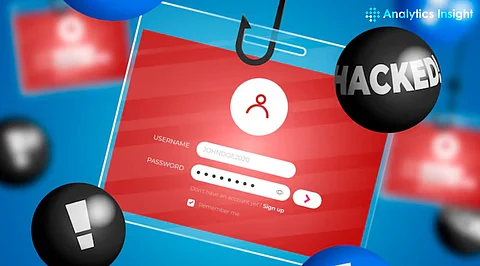

A recent cybersecurity attack has brought to light a huge leak of passwords and other sensitive information involving over 184 million password-dumping activities from major platforms like Apple, Google, Facebook, and Microsoft. The cybersecurity expert Jeremiah Fowler stumbled upon an unsecured database containing millions of usernames, passwords, and authorization URLs.
To make matters worse, the whole thing was lying around in an unencrypted text file accessible on the web. This creates huge issues in terms of digital security and privacy.
Rather than usual data breaches where sensitive data is encrypted, this one was just found as a plain text file and was simple and accessible to anyone who might have laid their hands on it. The credential stuff that leaked was for well-known services like Instagram, Snapchat, and government portals.
What is more worrying is that there were even some that dealt with financial accounts and health platforms, greatly upping the scale and potential of identity theft and fraud.
Upon analysis, the information seems to have been collected via info-stealing malware such as Lumma Stealer. Since such malware is programmed to extract sensitive information, passwords and credit card information are often stolen.
They are taken from hacked systems and subsequently offered for sale in markets on the dark web. Information stealing appears to be the breeding ground for such a leak.
After disclosure of the security breach, the hosting provider disabled access to the file through public points but refused to share the identity of the owner in question, thus not taking away the mystery of the breach origin and leaving it unanswered.
If consumers use the same password on multiple websites, the risks increase, as compromising such passwords enables cybercriminals to enter accounts on various services. The breach also included business and government login information, which could go on to facilitate corporate espionage or ransomware attacks.
Experts recommend strong, unique passwords, enabling multi-factor authentication, and regularly checking for any compromised credentials using any of the available online tools, such as Google's Password Checkup.
This data leak accentuates how protecting online information has become increasingly difficult. Although there is no perfect measure to keep information safe, following excellent password practices and keeping oneself updated about breaches can minimize one's exposure. Organizations need to upgrade their data protection protocols, while users must stay vigilant regarding the protection of their digital identities from ever-evolving cyber threats.
